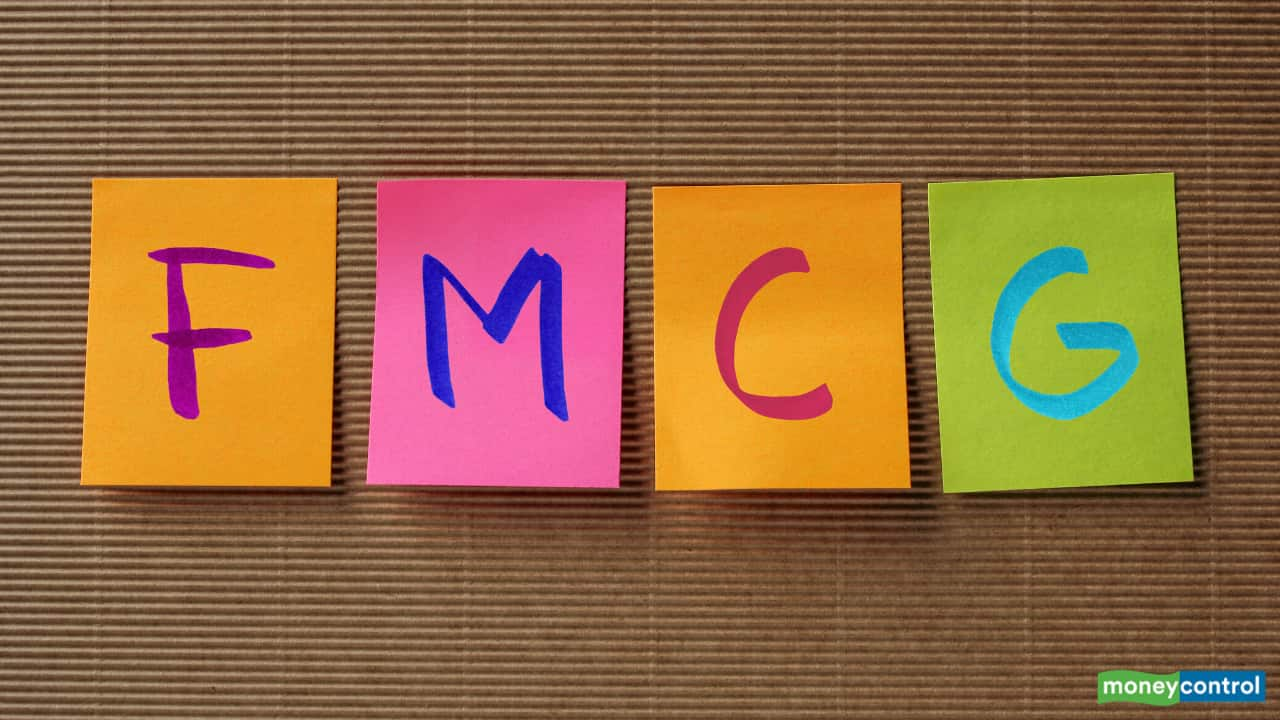
DENVER — As new federal tariffs on imported cars and auto parts loom, Colorado car buyers are scrambling to make purchases before prices potentially spike. Some dealerships are seeing a sharp uptick in traffic ahead of the April 2 deadline, when a 25% tariff on vehicles and components not made in the U.S.
is set to go into effect. What was originally a months-long decision is now a time-sensitive purchase for some. “Oh yeah, we probably would have taken six to eight months.

I mean, we have a car that works fine,” Juarez said. “But the news is really affecting our lives, so we’ve got to make a move,” said Nancy Juarez. Juarez and her husband were one of many buyers at Emich Volkswagen in Denver on Saturday, accelerating their timeline.
“We’re very fearful of the tariffs affecting the price of the car that we are going to be buying,” Juarez said. “We’re looking to close the deal quickly.” The tariffs, announced by the Trump administration earlier this week, are intended to encourage automakers to shift more manufacturing to the U.
S. But with global supply chains deeply intertwined, industry experts say the impact won’t be simple. “Even some of the cars that you think are American-made might have elements of the production process that happen overseas, and even cars that you think are German or Japanese have some elements that happen here,” said Matthew Groves, president and CEO of the Colorado Automobile Dealers Association.
Groves said it’s unlikely any one vehicle will be fully subject to the tariff, but it’s also difficult to pinpoint how much additional cost will be passed on to consumers. “All we can say for certain over the next 30 days is you’re probably going to see prices on new cars climb,” Groves said. He added that some manufacturers may try to absorb part of the cost to avoid sticker shock for buyers, while others may reflect it immediately in retail pricing.
Either way, Groves said dealers are preparing for a rush of customers trying to buy before prices jump. “We are expected to be very busy — Monday, Tuesday, yes,” he said. “We think the best time to buy is before the tariffs go in, period.
” “So, we’re just trying to save ourselves thousands of dollars while we can,” Juarez said. Groves said over time, more vehicle parts may be produced stateside, which could reduce the impact of tariffs. However, with little oversight and possible changes still coming to the tariff structure, uncertainty remains high.
“It really is a matter of trying to make all the pieces of the puzzle fit,” Groves said. In the meantime, Colorado buyers like Juarez are racing against the tariff clock..















